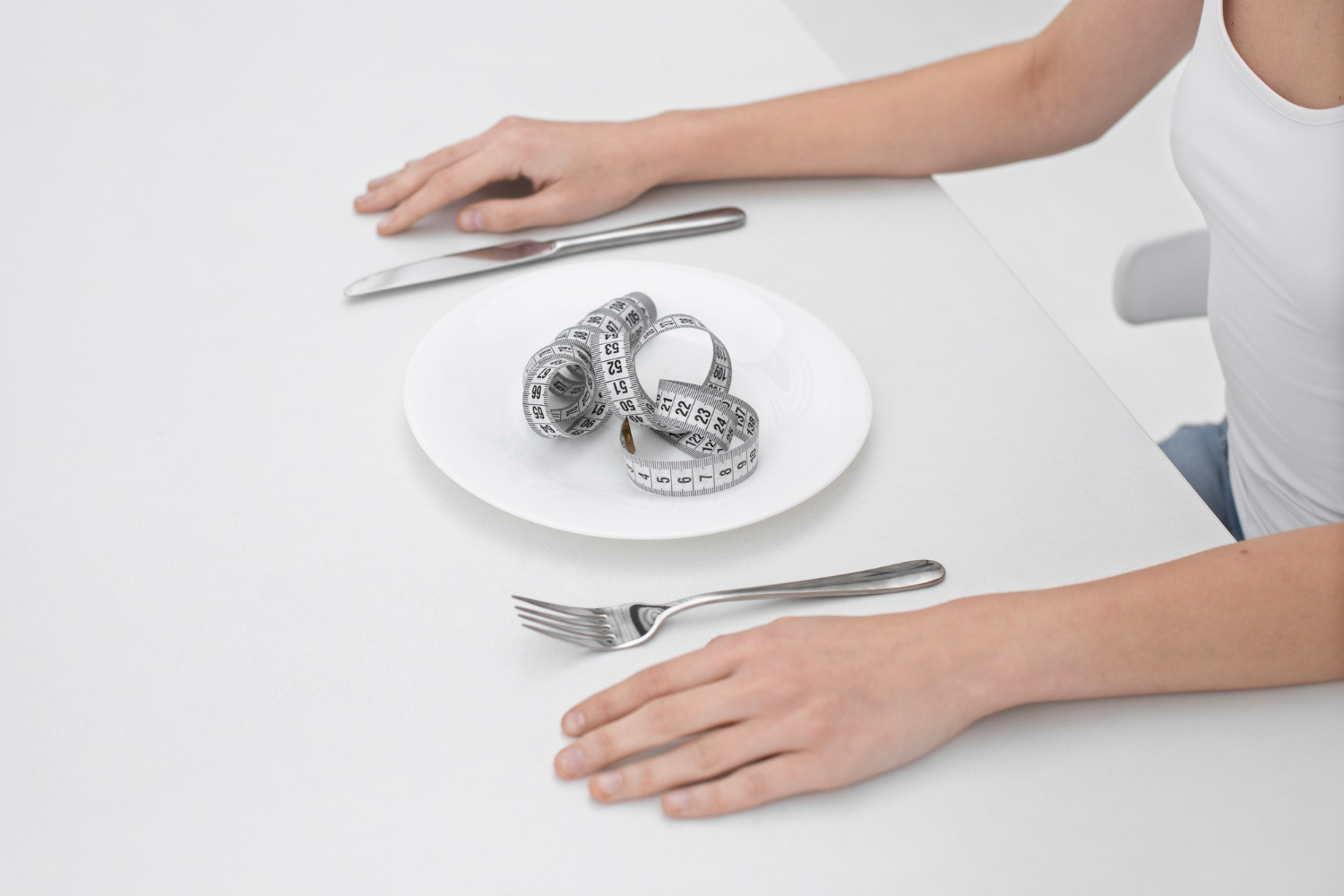7 Hidden Causes of Weight Gain While in a Calorie Deficit
It’s one of the most frustrating situations for anyone trying to lose weight: you’re eating in a calorie deficit, tracking your food, maybe even exercising—yet the scale goes up. So, why am I gaining weight on a calorie deficit? The answer is not always simple, and it often has nothing to do with the math.
In this article, we’ll break down the 7 most overlooked reasons people don’t lose weight in a deficit, and what you can do to get back on track.
1. You’re Misjudging Your Calorie Intake
This is more common than you think. Even small miscalculations—like a tablespoon of peanut butter being a bit too generous—can add up over days. Hidden calories from sauces, oils, or “just a bite” moments often go unrecorded.
Solution: Use a digital food scale and a trusted tracking app to log every bite for a week. You’ll likely uncover where the surplus is coming from.

2. You’re Losing Fat but Gaining Muscle
If you’re working out—especially with strength training—you may be losing fat but the scale isn’t moving because you’re also gaining lean muscle mass. This is especially common in beginners or those returning after a break.
Solution: Use progress photos, how your clothes fit, or body measurements instead of just relying on the scale.

3. Water Retention is Masking Your Progress
Stress, lack of sleep, high sodium intake, or even sore muscles from workouts can cause temporary water retention. This can add 1–5 lbs or more to your weight.
Solution: Stay well-hydrated, reduce processed foods, and give your body time to stabilize.

4. You’ve Hit a Weight Loss Plateau
It’s possible that your body has adapted to your current routine. A weight loss plateau in 2025 is still very real—even with smart tracking.
Solution: Recalculate your calorie needs based on your current weight. Try changing your workout type or intensity.
5. Hormonal Fluctuations Are at Play
For women especially, hormones can greatly influence water retention, appetite, and metabolism. Conditions like hypothyroidism, PCOS, or chronic stress may be part of the problem.
Solution: Track symptoms and consult a doctor. Hormonal issues are a real calorie deficit weight gain cause for many.
6. You’re Not Sleeping Enough
Less than 6 hours of sleep can raise cortisol, increase hunger, and reduce fat burning. The connection between sleep and weight is stronger than most realize.
Solution: Aim for 7–9 hours of quality sleep, and consider natural support like magnesium or melatonin supplements.
7. You’re Inconsistent on Weekends or “Cheat” More Than You Think
A few high-calorie meals or drinks on the weekend can cancel out your entire week’s deficit. The phrase “not losing weight in a deficit” is often explained by hidden binge–restrict cycles.
Solution: Track consistently—even on weekends. A moderate, flexible diet beats an extreme, on-and-off one.
Final Thoughts
If you’re struggling and wondering, “why am I gaining weight on a calorie deficit?”, take a deeper look at the factors above. Fat loss is not always reflected by the number on the scale, especially in the short term.
Focus on long-term consistency, honest tracking, and lifestyle health—your results will follow.
Still confused? Try tools like a smart body composition scale or food scanner to get a more accurate picture of your progress.







